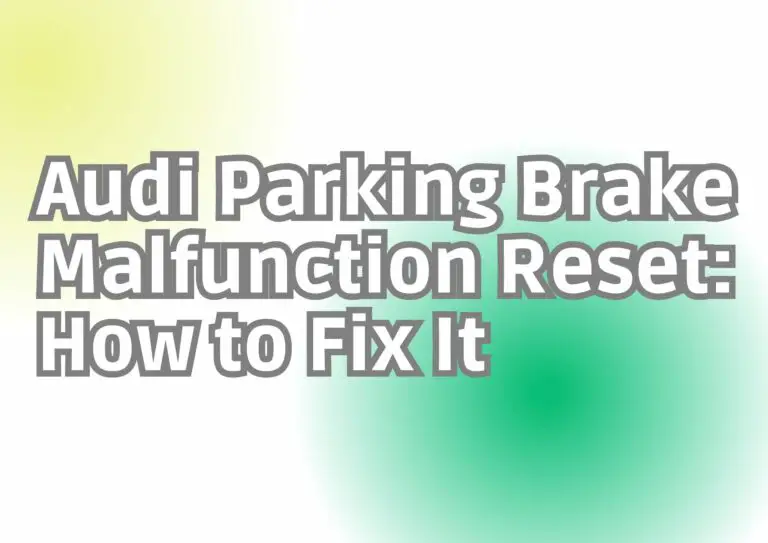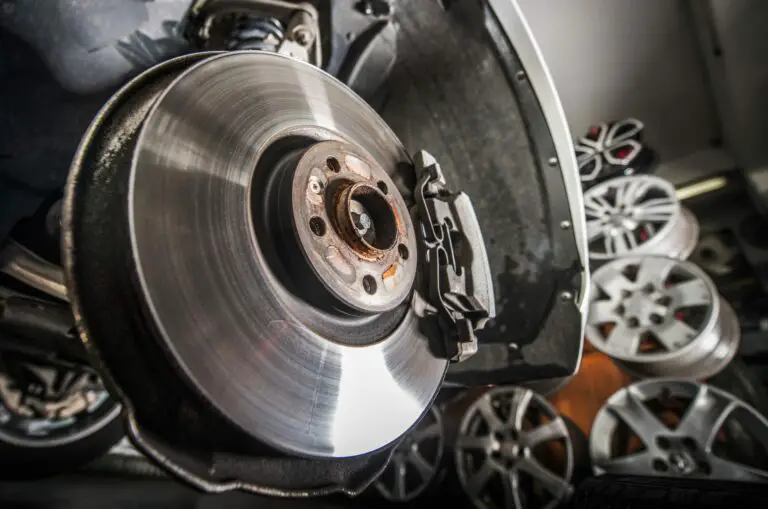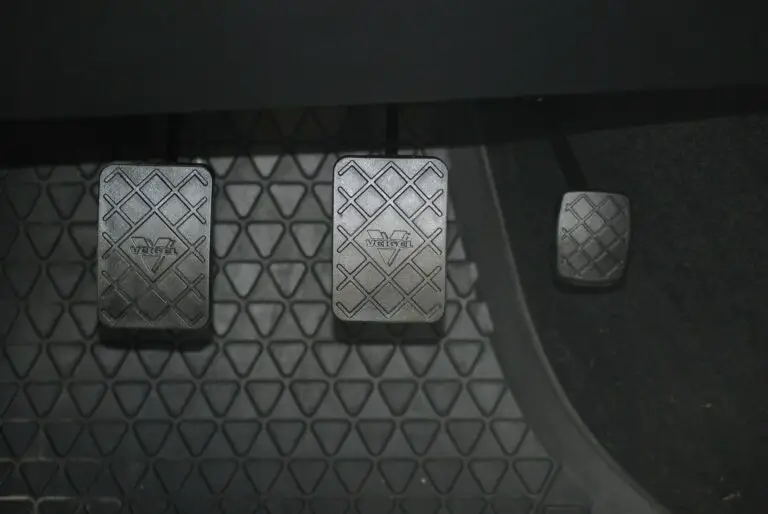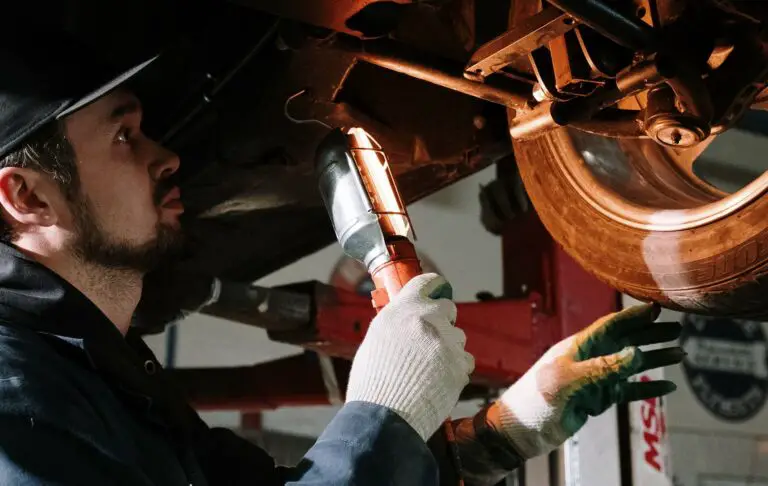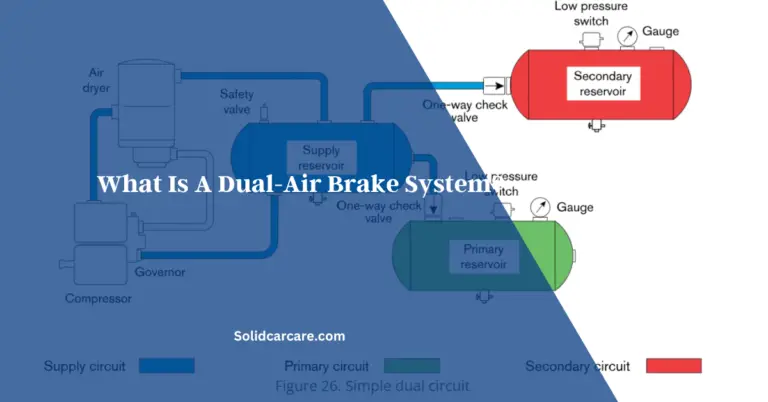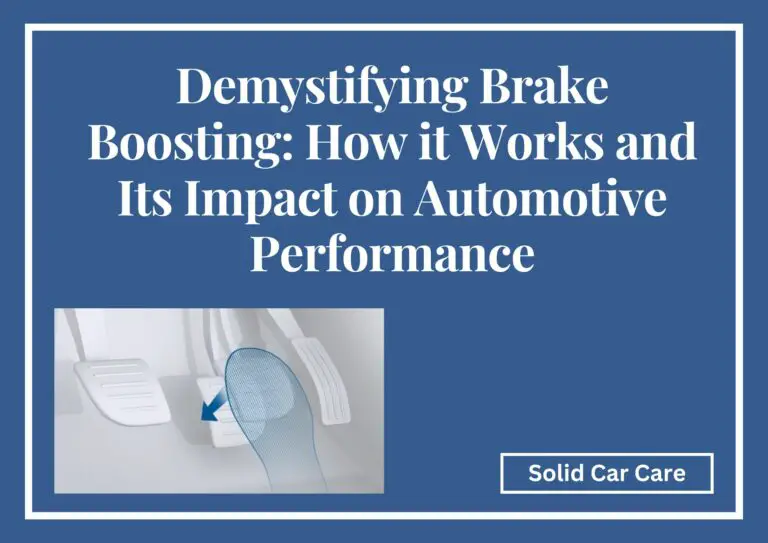What Happens If I Remove The ABS Fuse? Must Read
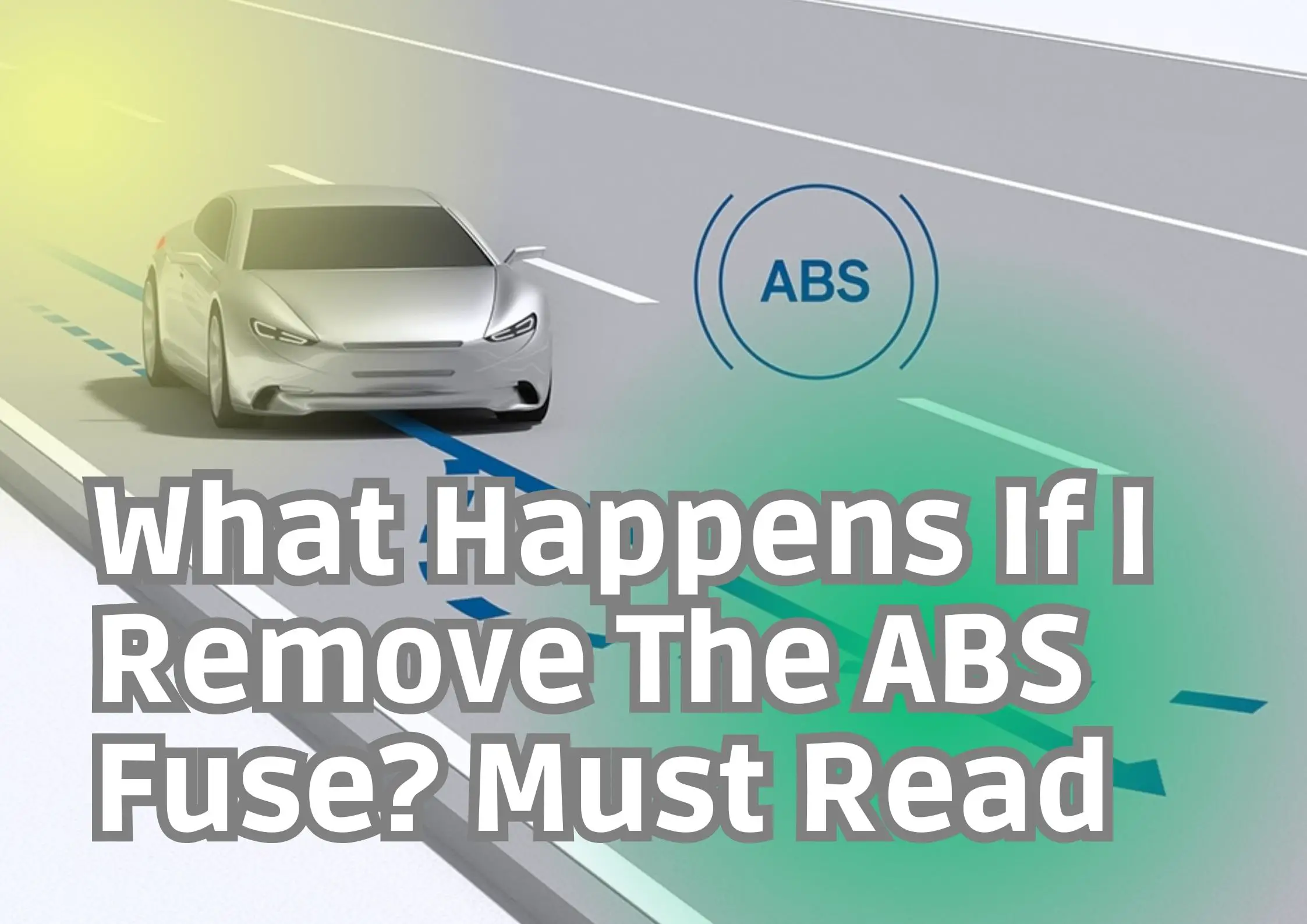
If you remove the ABS fuse, the ABS system will be disabled, and you will not have the benefit of this safety feature. It can take longer to safely stop your car if the anti-lock system stops functioning properly. The rear tires will lock, increasing vehicle swing in turns and perhaps making your car harder to manage.
In this article, we discuss what happens when you remove the ABS fuse, the importance of the ABS system, and everything you need to know. So stick around until the end to find out what you’ve been looking for. Welcome to SolidCarCare.
Table of Contents
- What happens if the ABS fuse is blown or removed?
- ABS fuse blown symptoms; How to know if the ABS fuse is bad?
- Can I disable ABS brakes? And how?
- Will pulling the ABS fuse turn off the light?
- Is it safe to disable ABS system?
- How to check ABS fuse?
- Some related FAQs
What happens if the ABS fuse is blown or removed?
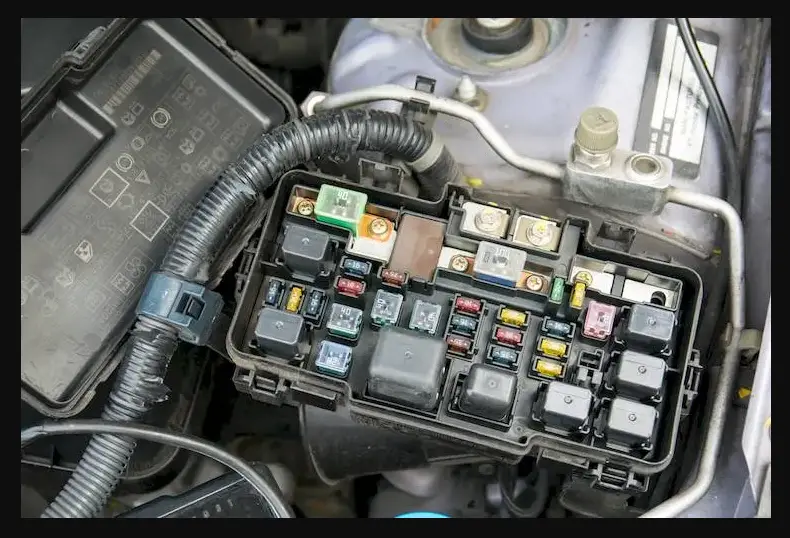
If the ABS (anti-lock braking system) fuse is blown or removed from your vehicle, several consequences can occur. Below are the details of what can happen if the ABS fuse is blown or removed:
- Loss of ABS functionality
The primary function of the ABS system is to prevent the wheels from locking up during sudden or emergency braking. This can help you maintain control of your vehicle and avoid accidents.
If the ABS fuse is blown or removed, the ABS system will no longer function, and your vehicle’s braking performance will be affected.
- Increased risk of skidding
Without the ABS system, your wheels may lock up during sudden or emergency braking, which can cause your vehicle to skid and lose control.
This can increase the risk of an accident, especially in wet or slippery road conditions or when driving at high speeds.
- Longer stopping distances
The ABS system helps to reduce stopping distances by preventing the wheels from locking up and allowing you to maintain control of your vehicle during braking.
Without the ABS system, your vehicle may take longer to come to a stop, and this can increase the risk of an accident.
- Increased wear on tires and brakes
If the ABS system is not functioning correctly, your tires and brakes may experience increased wear and tear. This can result in additional maintenance costs and reduce the lifespan of these components.
- Warning light on the dashboard
If the ABS fuse is blown or removed, the ABS warning light on your dashboard will illuminate. This warning light indicates that the ABS system is not functioning correctly and should be repaired as soon as possible.
ABS fuse blown symptoms; How to know if the ABS fuse is bad?
If your ABS (anti-lock braking system) fuse is bad or blown, you may experience certain symptoms that can alert you to the problem. Below are some signs that your ABS fuse may be bad:
- ABS warning light on the dashboard
If the ABS fuse is bad, the ABS warning light on your dashboard will illuminate. This warning light indicates that the ABS system is not functioning correctly and should be repaired as soon as possible.
- Brakes lock up
If the ABS fuse is bad or blown, the ABS system will not function correctly, and your brakes may lock up during sudden or emergency braking. This can cause your vehicle to skid and lose control, and it can increase the risk of an accident.
- Longer stopping distances
Without the ABS system, your vehicle may take longer to come to a stop, and this can increase the risk of an accident. If you notice that your vehicle is taking longer to stop than usual, it could be a sign that your ABS fuse is bad.
- No ABS function
If the ABS fuse is bad or blown, the ABS system will not function at all. This means you will not benefit from this safety feature during sudden or emergency braking.
If you experience any of the above symptoms, it is important to have your ABS system inspected by a qualified mechanic as soon as possible. They will be able to diagnose the problem and determine if the ABS fuse is bad or if there is another issue with the system. It is important to ensure that your vehicle’s safety features are functioning correctly to reduce the risk of accidents and keep you and your passengers safe on the road.
Side Mirror Defroster Symbol; All You Need To Know
Solid Car Care
Can I disable ABS brakes? And how?
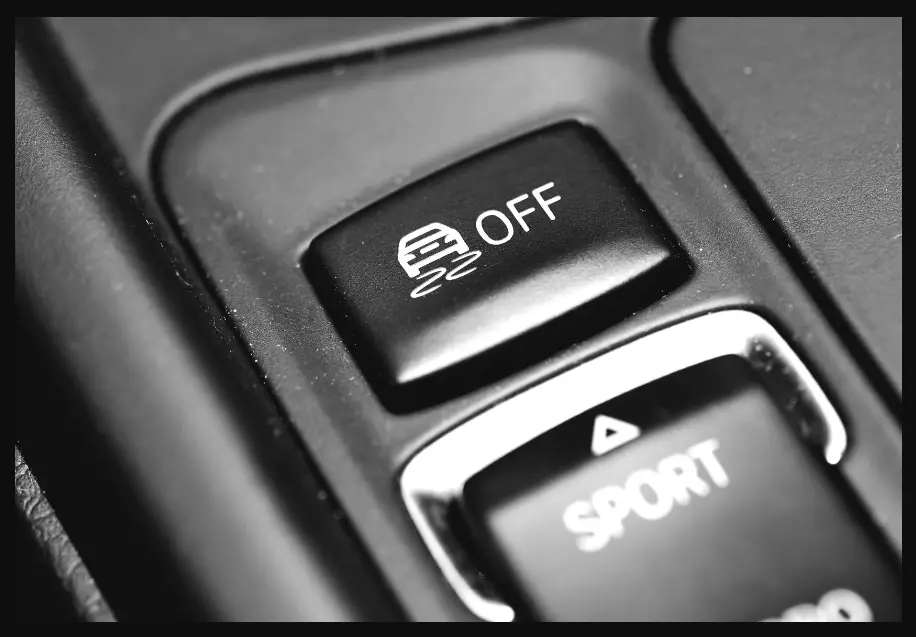
It is possible to disable the ABS (anti-lock braking system) on some vehicles, although it is generally not recommended. The ABS system is an important safety feature that helps you maintain control of your vehicle during sudden or emergency braking, and disabling it can increase the risk of an accident.
Method 01: Remove the ABS fuse
The easiest way to disable the ABS system is to remove the ABS fuse from your vehicle’s fuse box. The location of the fuse box and the ABS fuse will vary depending on your vehicle make and model.
However, this method is not recommended for street driving, as it can increase the risk of an accident.
How to remove ABS fuse?
Removing the ABS fuse is not recommended, as it can affect the safety and functionality of your vehicle’s braking system.
The ABS (Anti-Lock Braking System) is an important safety feature that helps prevent your wheels from locking up during hard braking, allowing you to maintain control of your car.
Method 02: Install a bypass kit
Another way to disable the ABS system is to install a bypass kit. This kit is designed to disable the ABS module and allow you to bypass the system when driving.
However, this method is only recommended for off-road or track driving, as it can increase the risk of an accident on the street.
Method 03: Disconnect the ABS module
If you want to permanently disable the ABS system, disconnect the module from your vehicle’s brake lines. This will prevent the ABS system from functioning altogether.
However, this method is not recommended, as it can affect the overall braking performance of your vehicle and increase the risk of an accident.
It is important to note that disabling the ABS system can affect the overall safety of your vehicle and increase the risk of an accident. If you are considering disabling the ABS system, it is recommended that you consult with a qualified mechanic to ensure that you are doing so safely and legally.
What happens if you unplug abs module?
Unplugging the ABS module disables the Anti-Lock Braking System. The ABS light comes on, indicating an issue. Braking becomes less effective, with a risk of skidding.
Traction control could also be affected. This compromises road safety, particularly in emergencies. Unplugging doesn’t fix the problem and can worsen it. Professional help is advised to diagnose and address ABS issues.
Will pulling the ABS fuse turn off the light?
Pulling the ABS fuse might turn off the ABS warning light temporarily, but it’s not a recommended solution. Removing the fuse disables the entire ABS system, compromising your vehicle’s safety. The warning light indicates an issue in the ABS system that needs attention.
Instead of pulling the fuse, addressing the underlying problem causing the light to illuminate is advisable. Consult a qualified mechanic to diagnose and fix the issue to ensure your vehicle’s ABS functions properly, maintaining optimal safety on the road.
Can blown fuse cause ABS light to come on?
Yes, a blown fuse can indeed cause the ABS light to come on in your car. The ABS system relies on various electrical components, including fuses, to function properly. If a fuse related to the ABS system blows, it can disrupt the communication between the system’s components, leading to the ABS light illuminating on your dashboard.
If you notice the ABS light is on, it’s a good idea to have it checked by a mechanic to identify the exact issue and ensure your car’s safety systems are working correctly.
Is it safe to disable ABS system?
Disabling the ABS (Anti-Lock Braking System) is generally not recommended. The ABS enhances vehicle safety by preventing wheel lock-up during hard braking, allowing you to maintain steering control. Disabling it could lead to compromised stability and longer stopping distances, especially on slippery surfaces.
However, in specific circumstances such as off-road driving, some drivers prefer to temporarily disable ABS for better control. If you’re facing persistent ABS issues, consult a professional mechanic for proper diagnosis and repair instead of disabling the system entirely to ensure optimal safety on the road.
What happens if you disable the ABS system?
If you turn off the ABS system in a car, the brakes might not work as effectively during hard braking or on slippery surfaces. ABS (Anti-Lock Braking System) helps prevent the wheels from locking up while you brake, which can let you steer while stopping.
Without ABS, the wheels could lock, making it harder to control the car. It’s usually safer to keep ABS on, especially in tricky driving conditions.
Is it legal to disable ABS brakes?
The legality of disabling ABS (anti-lock braking system) brakes depends on the laws and regulations of the country or state where you live. In many places, it is not illegal to disable the ABS system as long as you are not doing so in a way that endangers yourself or others on the road.
How to check ABS fuse?
Checking the ABS fuse involves a few steps, but remember that working with fuses and electrical components can be complex and potentially dangerous if not done properly. If you’re not comfortable or experienced with automotive electrical systems, having a professional mechanic perform this task is best. If you still want to proceed, here’s a simplified guide:
Step 1: Safety First
Before you do anything, make sure your car’s engine is turned off, and remove the ignition key. This prevents any accidental electrical issues.
Step 2: Locate the Fuse Box
Find where the fuse box is in your car. Usually, it’s under the dashboard, inside the glove compartment, or in the engine area. Your owner’s manual can show you exactly where to look.
Step 3: Identify the ABS Fuse
Check the owner’s manual or the fuse box cover for a diagram. This will help you find the ABS fuse. It might be labeled “ABS” or “Antilock.”
Step 4: Visual Inspection
Take a good look at the ABS fuse. Look for any signs of damage, like a broken wire or a strange color. If the wire inside is broken or there’s a gap, the fuse might be blown.
Step 5: Test with a Multimeter (Optional)
If you have a multimeter, set it to continuity or resistance mode. Touch the probes to each end of the fuse. If the multimeter shows a low number or beeps, the fuse is probably okay. If there’s no response, the fuse might be blown.
Step 6: Replace the Fuse
If the fuse looks damaged or the multimeter indicates it’s blown, replace it. Use a new fuse with the same number on it. This number usually tells you how many amps the fuse can handle. You can find this number on the old fuse or in your manual.
Step 7: Test it Out
After you put in the new fuse, turn on your car’s ignition and check the ABS light on the dashboard. If the light goes off, and everything seems fine, your problem might be solved. If the light stays on or the issue continues, it’s best to let a professional mechanic check things out.
Just remember, the ABS system is really important for safety, so if you’re not sure about any step, it’s better to ask a professional for help.
Solid Car Care
Some related FAQs
Will a car start without a ABS fuse?
Your automobile won’t be unable to start if you are certain that the ABS relay is missing. The brake system is the only system that uses that circuit. If the engine does not quickly turn over when you turn it on, your battery is probably weak or there is another connection problem.
Is ABS mandatory on vehicles?
Without it, slamming on the brakes quickly can lock the wheels and make them slide. Faster than any driver could, ABS instantly pumps the brakes, causing the tires to grip the pavement and come to a stop. The brake pedal will pulse and you’ll hear a rumbling sound if the ABS turns on.
What speed does ABS kick in?
You won’t notice your ABS kicking in at lesser speeds because it often doesn’t start operating until 25 km/h or more (which explains why it won’t activate when backing up as you’re typically moving slower than that).
Can you remove abs from a car?
Physically removing the ABS (Anti-Lock Braking System) from a car is possible, but it’s not recommended for several reasons. ABS enhances safety by preventing wheel lock-up during braking, maintaining steering control and reducing skidding.
Removing the system can lead to compromised braking performance, longer stopping distances, and increased risk of accidents, especially in emergency situations or on slippery surfaces.

